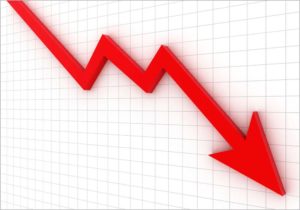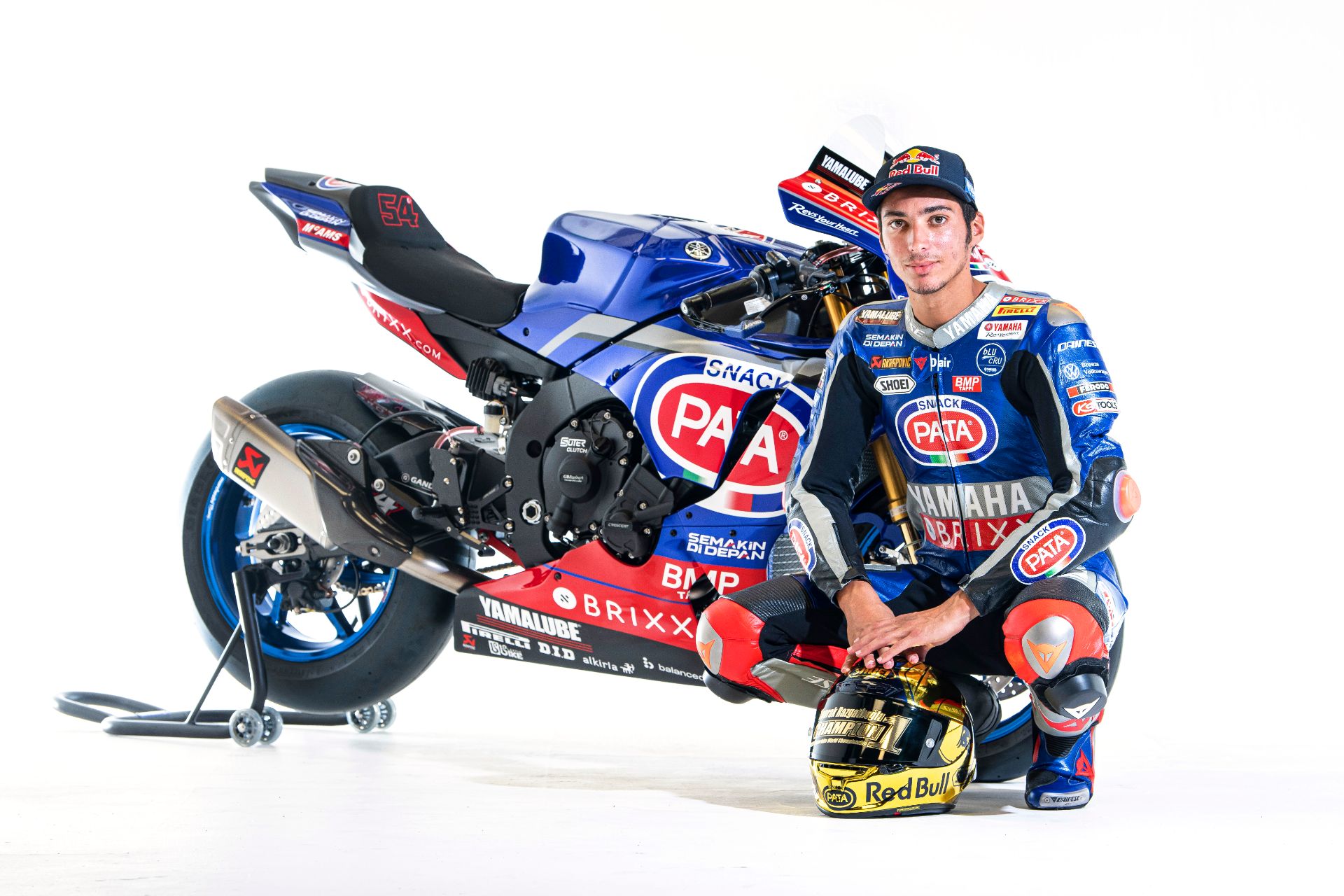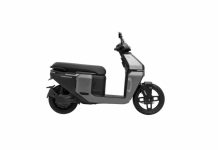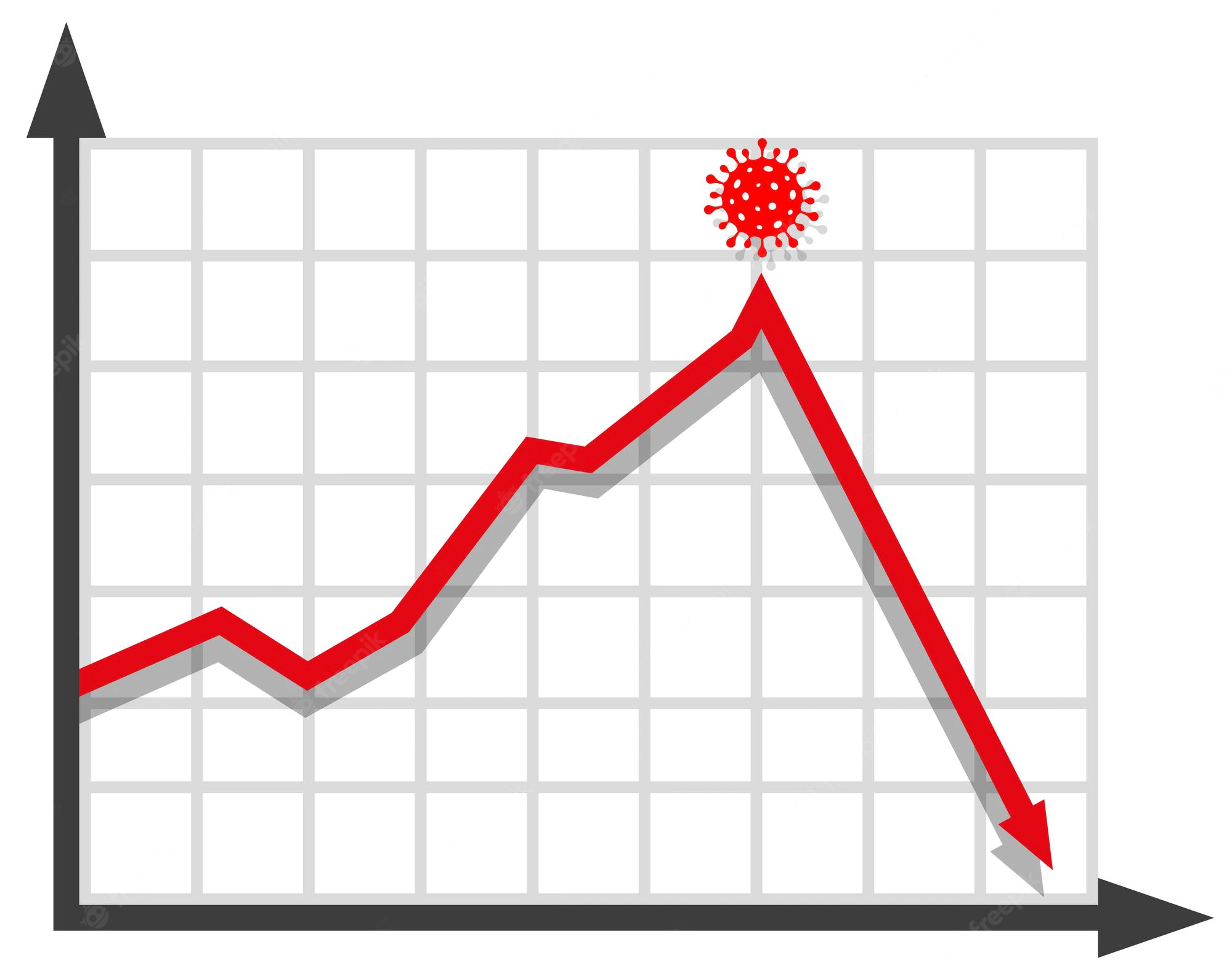The pace of personal mobility adoption in India is slowing down, particularly at the lower end of the market. The main reasons for this slowdown are increased regulatory and emission requirements and the impact of inflation on the incomes of lower-income groups.
Sales are going down.
Specifically, sales of mini cars in India (defined as those under 3,600mm) have more than halved since their peak seven years ago, with a decline of 57%. Meanwhile, sales of entry-level motorcycles are down by 38% since 2017-18, and sales of scooters have declined by 27%. These figures come from the Society of Indian Automobile Manufacturers (Siam), an industry body.
Read More: This Italian giant offers personalization options for the bike
The decline in sales of mini cars, motorcycles, and scooters suggests these vehicles are becoming too expensive for many consumers, particularly those at the lower end of the income spectrum.
This could be due to increased regulatory and emission requirements, which can drive up the cost of manufacturing and selling vehicles. Additionally, inflation may need to be made easier for lower-income consumers to afford these vehicles.

Trends
The declining sales of mopeds in the past five years may indicate a shift in the entry-level customer base towards other forms of transportation or a decrease in purchasing power among the middle class. This trend concerns some in the industry who worry if the entry-level market continues to shrink, there may need to be more consumers to sustain sales in the more significant and premium categories in the future.
It’s important to note this trend is specific to mopeds and not necessarily reflective of the entire mobility industry. While entry-level sales may decrease, premium luxury cars and more extensive motorcycles and scooters are still doing well.
What are other factors?
It’s also worth considering other factors contributing to the decline in moped sales, such as increased competition from ride-sharing services, changing consumer preferences, or environmental concerns. Ultimately, the mobility industry will need to adapt to these shifts in consumer behaviour to remain successful in the long term.
The COVID-19 pandemic has indeed had a significant impact on people’s lives, particularly their finances. The pandemic and related lockdowns have led to economic downturns have affected people’s jobs, income, and savings. The lower middle class has been particularly hard hit, with many families seeing their life savings disappear. This has created significant financial stress and hardship for many.
At the same time, the pandemic has also had some unexpected effects on the economy. The scarcity of resources in the market has increased purchasing power for some in the middle and skilled labour classes. It has increased sales of expensive cars and increased business for middle-class-serving outlets. However, it is important to note these effects have only been universal or benefited some.
Decisions
The government’s decision to raise fuel prices has also significantly impacted people’s finances. While this decision may have been made in anticipation of higher crude prices, it has immediately impacted people’s budgets. Higher fuel prices can lead to higher prices for goods and services, which can further strain people’s finances, particularly those with lower incomes.
Read More : Royal Enfield Super Meteor 650 Goods and Not so goods
Overall, it is clear the pandemic has significantly impacted people’s finances and the economy as a whole. While there has been some economic growth, it is essential to recognize this growth has not been distributed evenly, and many people still need help to make ends meet.
Source: TOI
































